At a recent roundtable organized by the Commonwealth Institute of Advanced and Professional Studies (CIAPS) in Lagos, public policy analyst and Commonwealth Scholar Magnus Onyibe urged African nations to take responsibility for their own development rather than relying on external support, particularly from the United States.
Speaking on the theme “Trump 2.0 and Africa: Dangers and Prospects,” Onyibe argued that Africans should not expect aid, healthcare, or other forms of assistance from the U.S. or any other foreign nation. Instead, he called on African leaders to prioritize domestic needs and improve governance.
“Our leaders must provide for their citizens,” Onyibe asserted. “It is not the responsibility of America—or any foreign power—to solve Africa’s problems. Aid from the U.S., including through USAID, is not a right. It’s a privilege. If our leaders governed responsibly, we wouldn’t need to rely on handouts.”
He criticized African leaders for what he described as excessive extravagance, pointing to high-profile summits such as those held by the African Union in Ethiopia, where many heads of state arrive in private jets while their citizens face dire living conditions.
Onyibe also highlighted the structural inequities in global trade, citing Africa’s limited role in value-added production. He gave the example of Nigeria, which earns approximately $400 million from cocoa exports, in contrast to Germany, which earns over $6 billion from chocolate products despite not cultivating cocoa.
As the world anticipates a possible second term for Donald Trump, Onyibe suggested that Africa should adapt to a changing geopolitical landscape. “Trump’s foreign policy marks a shift in the global order,” he said. “Africa must seize this moment to transition from a supplier of raw materials to a producer of finished goods. This is our chance to redefine our role in the world.”
He emphasized the importance of self-reliance and strategic positioning, noting that the global balance of power is shifting and Africa must act proactively to protect and advance its interests.
In his opening remarks, CIAPS Director Professor Anthony Kila stressed the significance of the conversation, noting that Trump’s policies have played a substantial role in reshaping global dynamics.
“Nigerian and African leaders must understand that the America of the Trump era is fundamentally different from what came before,” Kila said. “They need to strengthen internal structures, define how to engage with the U.S.—either individually or collectively—and consider recalibrating ties with other global players like China, the EU, Singapore, and the UK.”
The CIAPS event brought together thought leaders, policymakers, and stakeholders to explore the implications of a possible Trump 2.0 presidency for Africa. The session featured a keynote presentation by Mr. Onyibe, followed by a panel discussion and an open Q&A moderated by international journalist Vimbai Mutinhiri.
The forum provided a platform for critical reflections on Africa’s future in an evolving global landscape—one that increasingly demands resilience, innovation, and leadership from within the continent.


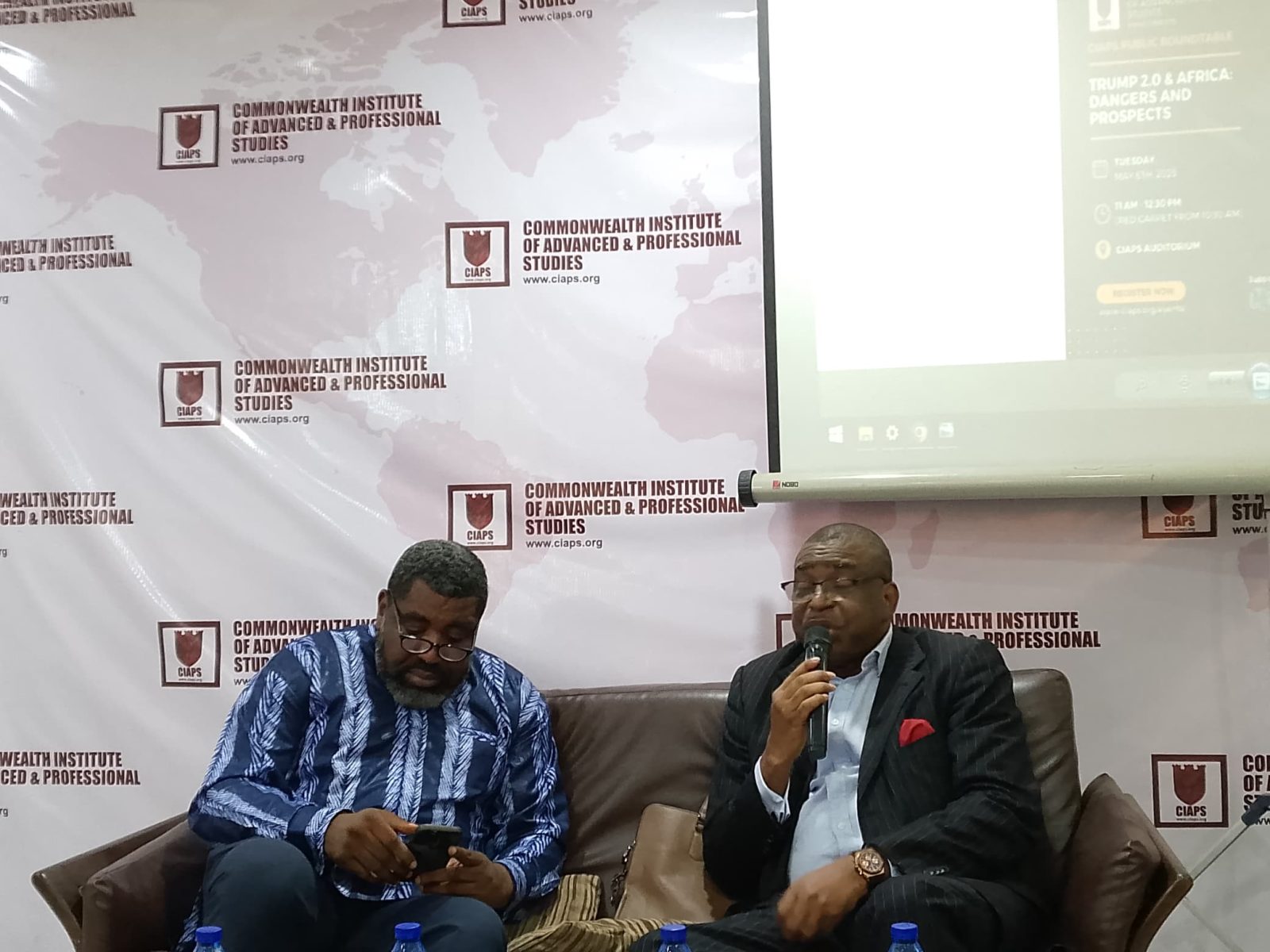
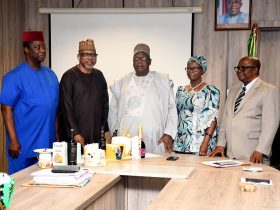
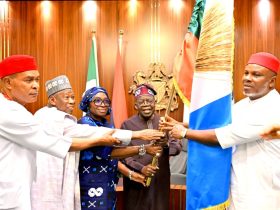
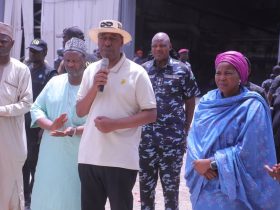
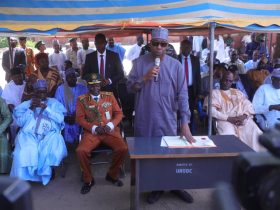

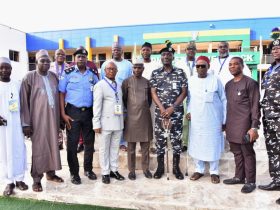


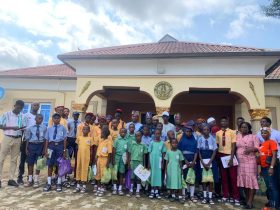
Leave a Reply